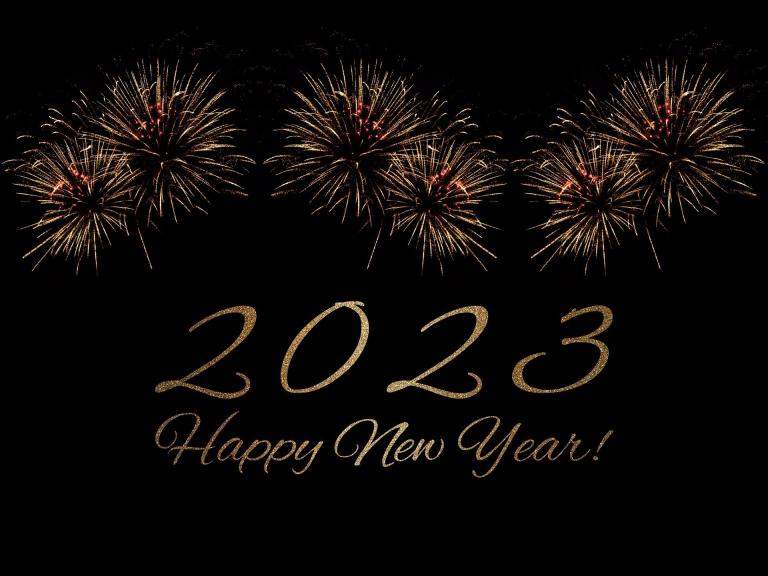New Year’s Day is just a few days away. As we approach the ending of one year and bring in the new, it’s normal to do a bit of reflection. It can be an empowering process and a skill that can be practiced. In fact, it would be good to engage in regular reflection times throughout the year.
However, in modern times, we don’t always stop and assess how we are doing. Yet, this practice has been associated with better well-being and a growth mindset. It is a critical skill in the education of students but also part of life-long learning. Reflection can identify bias, examine causality, challenge conclusions and incorporate alternate explanations. It helps determine what you did and why and help you ask, what now?
The benefits of reflection are many. Reflection is a way to connect body, mind and spirit and boosts learning and performance. It helps you evaluate and asses challenges that have been uncomfortable. And it improves your understanding of self and can motivate your to do better.
Spiritual reflection can also help you evaluate where you need to grow and do better. A good examination of the year can lead to goals and determine areas of prayer and discipleship.
As we close the year, spend a few moments and reflect. I recommend writing down progress and goals. What do you want to improve? Neuroscience confirms that the act of writing helps with commitment. Include both your strengths and weaknesses.
What inspired you this past year?
What small victories were won?
Some people like to to think about things that genuinely surprised them during the year. Of course there are the failures and frustrations that can also be noted, but do so as a reflection of what worked and did not work. This can be used as a reset button to move forward into the new year.
Reflection can also happen informally–in the shower, as you drive to work, walking or even on vacation. You can make it more formal with occasional talks with family, a partner or your children. When you keep a journal of your thoughts in a more formal way, you can add to them during the year.
One helpful reflection I heard from a patient was this: Would I be someone people would respect? He had made a number of mistakes in his life and was dedicated to improving himself. Another person focused on negative emotions and wondered how the frequency of these was impacting her thinking and feeling. Would a shift of focus to the positive make a difference? Or another persons wondered if she was doing what matters most in life or wasting time on distractions and frivolous things? And of course, as a therapist, I always direct people to reflect on behavior patterns. Are there patterns to change?
So as we close out the year, try this simple but powerful process. Take a few moments out of your busy life and think about what is really important and how you can be a better you. What would you like to change? What is important in your life going forward? Look back in order to look ahead.



